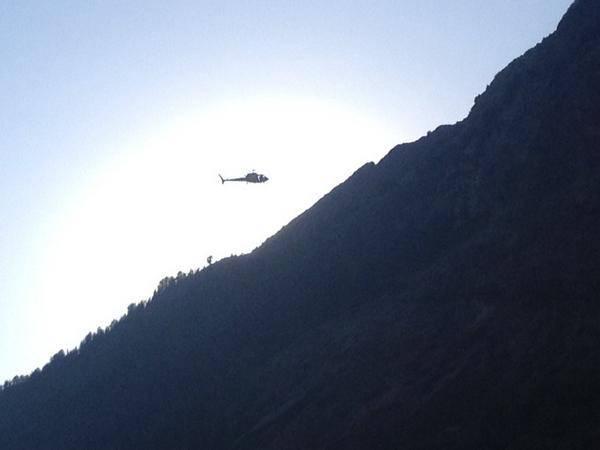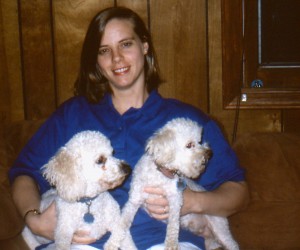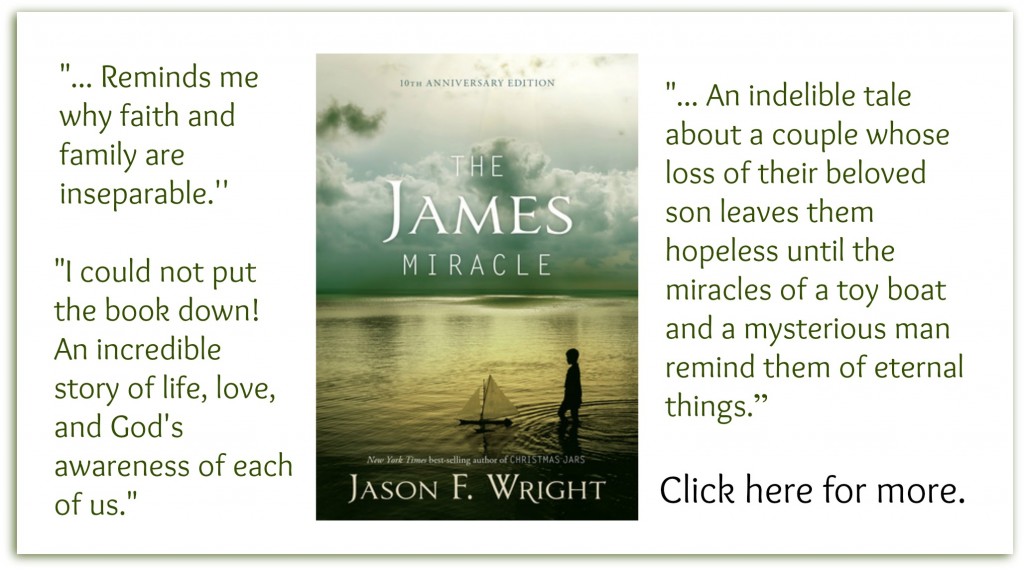
What I learned from two lost coeds about the ‘rescue’

[mashshare]
Whether you’re a Christian or not, you may be familiar with the notion of a “rescue.” Religious groups, humanitarian organizations and everyday church members ponder, pray and meet often to discuss those needing a “rescue” of every size and shape.
As a visitor, I recently attended a meeting with exactly this purpose in a congregation near mine. It was called a “ward council,” and was comprised of 10-12 male and female leaders of different organizations within the congregation.
I was taken at how the agenda was focused on activation, not activities. They didn’t check boxes on a form. They checked on the needs of their brothers and sisters.
And it surely wasn’t about numbers. It was about names.
As I listened to these inspired leaders counsel about how best to serve one another, including how to lovingly rescue those in need, my mind wandered from our small room in a church to my childhood home.
It was 1986, and I was growing up in the “sticks” outside Charlottesville, Virginia. I’m the youngest of four and my older sister Terilynne was home from Brigham Young University for the summer. Near the end of her break, one of her roommates and best friends, Lisa, flew east and visited for a week.
On one of those afternoons, my sister walked Lisa down the road to the rather unusual place where she’d worked for several summers during high school. It was the eclectic studio of a renowned artist, and it sat just a mile from our home in Albemarle County.
After seeing the studio, some sculptures in progress and meeting her boss and his family, my sister decided they would take a different route home — not the one she was most familiar with.
She knew there was a safe and direct route, but the two friends thought there might be more interesting things to see going another way. There might even be a little excitement. And who knows, maybe they’d find a shortcut?
They veered off the path between the studio and the rural two-lane highway that connected our house and the artist’s property. It didn’t take long for the young women to realize they were lost, and despite their best efforts, they struggled to find their way back to path.
Meanwhile, my parents began to worry. Because of some recent events in the area — including the tragic disappearance of a young woman my sister’s age — my mother called the police and they became involved earlier than perhaps policy might have normally allowed.
Soon it was dark, and six hours had passed since they left to walk the short distance home.
Authorities set up a command center where they’d last been seen and the team quickly came together. Experts of many kinds came with talents in their tool belts. They were different, yes, but they shared a single focus: to safely rescue Lisa and Terilynne.
It was one of the longest nights of my life.
I remember my father gathering us for prayer and how specific the prayers were. They weren’t prayers of in-action, as in “please bless them to find their way home” or “bring them home to us.” They were proactive pleas that we might know where to go and how best to bring them home.
I remember throwing myself on my bed and crying out. If I never saw my sister again, she wouldn’t know how much I loved her. She’d never know much she’d be missed or the influence she’d had on my life.
Helicopters searched overhead, rescue dogs worked the terrain, sheriff’s deputies rolled up and down the highway looking for clues and tips. Throughout the night, the team regularly reconvened and counseled on how best to proceed. What was working and what was not?
Despite disappointments, the team never gave up hope that these two young women would be safely rescued.
At approximately 8 a.m., a deputy pulled up our long gravel driveway and came to a stop near the deck on the side of our home. The family watched anxiously.
Both rear doors opened simultaneously and my sister and her roommate stepped out into the cleansing morning light.
My mother cried and my father, scooped up my sister and her friend in his big arms and let loose tears of his own. They’d worn shorts the day before and their legs were laced with thousands of scratches. I recall how they were so red in places, it was hard to see skin.
We learned that the two friends had become lost and walked for hours without lights or compass. There were no cellphones, no streetlights and no stars to follow. They felt completely and utterly alone.
At about midnight, they gave up for the evening and sat on the ground, back to back. The brush and briars around them were so thick, they couldn’t see the sky.
When they were finally found in the early morning, rescuers had to stop every 10 to 15 feet to recalibrate their compasses to get them all back to safety.
Isn’t it interesting that the rescuers never traveled far without looking up to make sure they were on the right course? Isn’t it miraculous that because of the efforts of many, two were rescued?
When my thoughts wandered back, I was again sitting in that early-morning meeting of a ward council. I tuned back in and leaders around me were expressing love and concern for those lost or in need. They wondered where to look, how best to help, and which church members had the right interests, skills and resources to rescue.
Not a single word dripped with sarcasm or judgement. Every idea and every assignment was drenched with love.
In 1986, our physical rescue ended well. Gratefully, other than scratches and a long, cold night, the friends were never in serious jeopardy of being lost forever.
In 2015, every spiritual rescue has potential to end even better. Even though some physical scars linger our entire mortal lives, every single spiritual scratch can heal.
No matter how far we wander from the safe path, there is always, always a way home.
As Christians, we have a responsibility to reach out and rescue in similar ways. We should counsel often, pray for guidance, utilize every willing heart and put to work many diverse talents to help those in need.
Like any rescue party, we should be focused and unified, always looking up for guidance and recalibrating often.
Naturally, not all will respond and some may choose to remain on another path. That’s agency. But our obligation to extend a hand and our duty to invite never go away. That’s love.
Like my sister safely rescued nearly 30 years ago, I hope those around us never have to wonder how much we miss them, how much we love them and how desperately we all want to walk home with them — together.
(Jason Wright is a New York Times bestselling author, columnist and speaker. Subscribe to his weekly columns, join him on Facebook and follow him on Twitter. His latest book, The James Miracle, is available from Amazon and BN.)
 Click here to subscribe and be the first read Jason’s weekly columns and other posts. You’ll also hear about exclusive contests, freebies and sneak peeks of new projects.
Click here to subscribe and be the first read Jason’s weekly columns and other posts. You’ll also hear about exclusive contests, freebies and sneak peeks of new projects.
“Share” this week’s column above on Facebook and you could win a free book. Each week, we pick one “Share” at random, and that reader receives an autographed copy of a Jason Wright novel. If your name is below, contact us to claim your prize.
Congrats to this week’s winner: Tim Stuart
